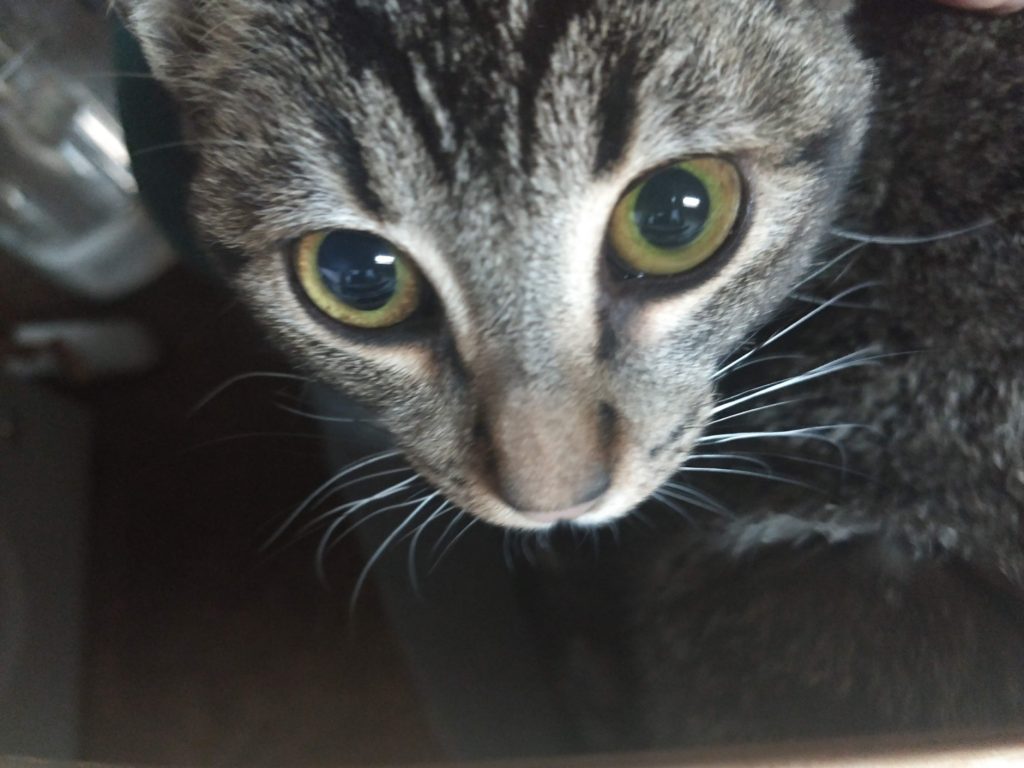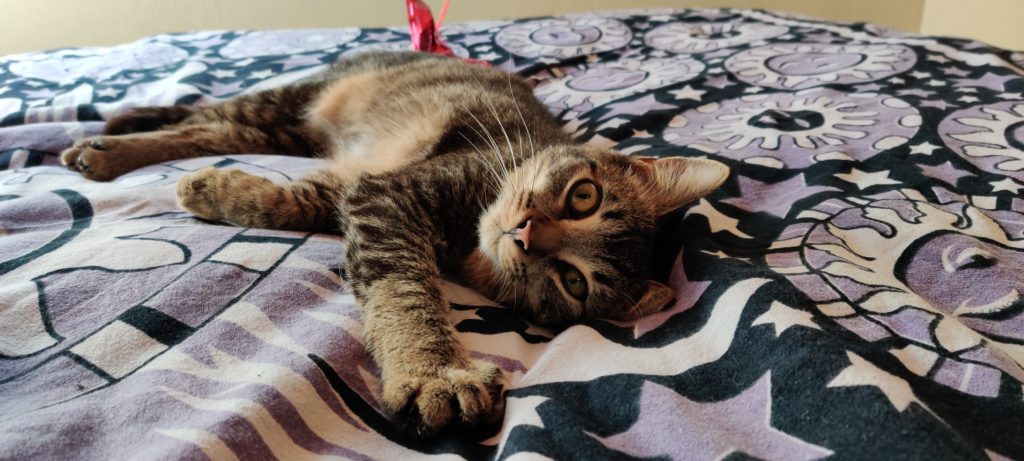This autumn we got devastating news about our new kitten: she had a previously incurable, almost certainly fatal disease. Our vet couldn’t treat her, but did mention to us that there was an experimental drug.Thus started my first foray into the world of experimental drug procurement.

But I didn’t do it alone.
I joined a Facebook group of nearly 15,000 members who were in the same boat. The members, typical of Facebook groups, range from the frantic pet owner asking pretty crazy-sounding questions to seasoned veterans reassuring and supporting newbies.
Usually, a group like this would descend into the chaos that we’re seeing all over Facebook, with fake news, name-calling, and dark conspiracy theories. But this group is a shining example of how the Internet can work to bring us together. What makes this group work?
1. Committed moderators
Americans typically yearn to be fully independent, often believe that groups don’t need leaders, sometimes think that other humans are, in fact, the problem.
But the fact is, well-functioning groups have leaders, and those leaders make decisions. In this group, committed moderators scan each and every post within minutes and respond, if only with a click of the “like” button to confirm.
2. Real participants
The promise of the Internet was that anonymity would free us to pursue truth and fairness. Unfortunately, it’s also freed us to express the ugliest parts of human nature, including lies and bullying.
In this group, when a new participant joins, they are assigned a personal moderator who lives in their vicinity. No anonymity, no chance that participants will feel free to be abusive, dismissive, or ugly. Conspiracy theories are quashed immediately. Participants are encouraged by their moderators to share appropriately.
3. Crossing into IRL
Finally, the best-functioning groups I’ve been part of are like this one, where members acknowledge and support the real humans behind the posts and smiley faces. When my family ran low on medication, one of the group members met me on the street outside of the radio station where I do a show to hand me enough medicine to get through while we wait for our shipment.
No questions asked, no ID needed. She knows who I am; I know who she is. We will have no trouble finding each other IRL. The trust of this stranger that I would repay her was extremely touching.

How can we get control of this beast that is the Internet?
I believe that groups like this are a blueprint for how things can and should work. But it will be up to us, the users of the Internet, to make it happen. How?
- Don’t join anonymous groups unless you really want all that goes with anonymity.
- If you want to keep a group positive and functional, be prepared to offer your time when needed.
- Be supportive of the hard (usually unpaid) job that moderators have, and post within a group’s guidelines.
- Exert political and financial pressure as you can. If we make it clear to companies that we want sites to have moderation and verification of users, it will happen.


